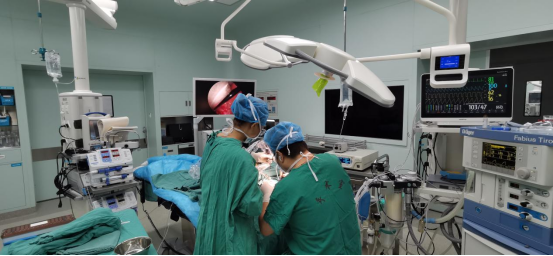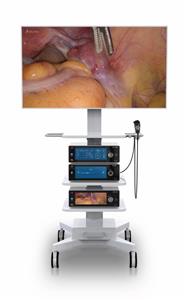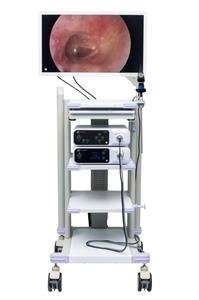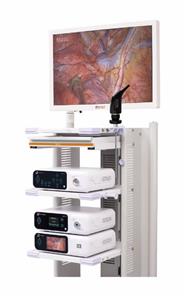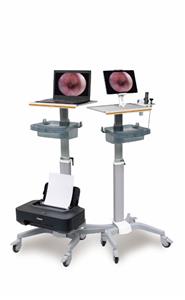Clinical study of endoscopic minimally invasive surgery for pediatric hernia
Pediatric hernias are more common in premature and low birth weight infants, and are more common in boys than girls. Since infants are not yet fully developed, pediatric hernias can affect the growth and development of the child, including the development of the reproductive system, as well as reduce the resistance of the child and affect the prognosis. Previously, the treatment method was to incise the hernia sac and perform related surgical operations, but this method is very traumatic and has a high recurrence rate after surgery. With the widespread use of minimally invasive techniques, minimally invasive techniques can also be used for the treatment of pediatric hernia with significant results.
Minimally invasive endoscopic surgery for pediatric hernia is less invasive and more conducive to postoperative recovery. The large incision of traditional surgery will cause a certain degree of damage to the muscles and blood vessels around the incision, and children's body functions are not well developed, and their immunity and resistance are poor, so the incision often becomes painful and sore after surgery, which affects the degree of healing of the incision and leads to a long recovery time. This affects the degree of healing of the incision and leads to a long recovery time. At the same time, traditional surgery has a large number of separated tissues, which can easily lead to problems such as incision dehiscence and increased bleeding. Minimally invasive surgery has a small incision and causes less damage to the patient's skin and tissues, while the operator has a clear view and uses more sophisticated medical equipment, which significantly reduces surgical trauma. Therefore, the postoperative recovery of the child is faster than using traditional surgical methods. Serum immunoglobulin is a common indicator of the body's fluid immune function, and a decrease in this indicator will increase the infection rate of the body.
In conclusion, the use of minimally invasive endoscopic surgery for the treatment of pediatric hernia is safe and effective, with minimal surgical trauma, which facilitates the postoperative recovery of the child and reduces postoperative complications.
